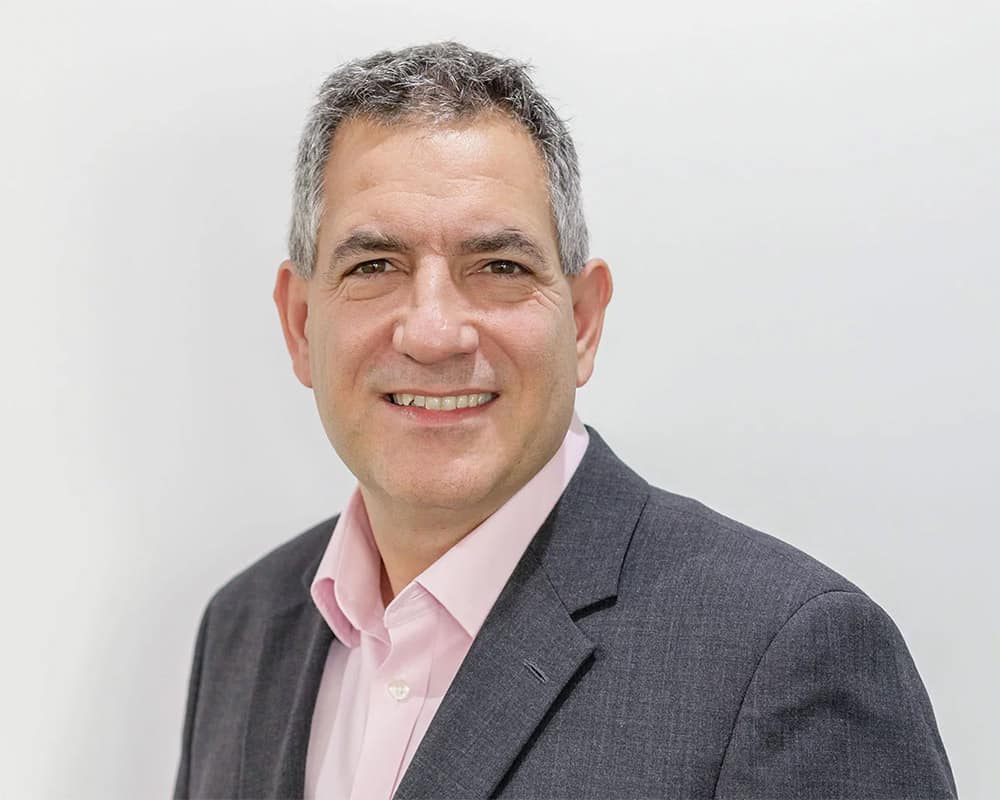Guest Blog: How technology can support people with dementia and reduce pressure off carers

According to Alzheimer’s Disease International, two out of every three people believe there is little or no understanding of dementia in their country, yet Alzheimer’s Society says someone develops the condition every three minutes.
This World Alzheimer’s Day (Saturday 21st September), Gavin Bashar, UK Managing Director of connected care and health solutions provider Tunstall Healthcare, explains how we can increase our understanding of Alzheimer’s and how technology such as telecare can help people living with the disease and those who care for them.
With 225,000 people developing dementia each year, it has never been more important to introduce measures into people’s lives to protect their dignity and support their independence, as well as reducing interventions which are currently costing the UK economy £26.3 billion a year.
Technology is crucial in enabling the delivery of care at home, which means people living with dementia can remain in a familiar environment for as long as possible, including those living alone. It can also help to relieve the pressure on carers, improving their quality of life and enabling them to care for longer.
As our social care and health systems continue to experience limited budgets and rising demand, it’s becoming increasingly important that providers employ solutions which enable care to be delivered in more effective and person-centred ways.
Introduce technology as early as possible
The lack of understanding about the condition and its effects are significant obstacles to wellbeing and quality of life for those with dementia and Alzheimer’s. It’s only once we understand the condition better that we can find ways to support people living with the condition effectively. Telecare and telehealth can provide support tailored to the individual, which gives them more control and a better quality of life.
However, to fully realise the benefits of telecare and telehealth, it should be introduced as early as possible. The earlier technology is introduced, the easier it is to understand the eventual outcomes and how support can be given, especially at home.
Certain telecare technology, such as a medication dispenser or fall detectors, can be introduced easily and early to give peace of mind that the individual can stay safe in their home to help prevent costly interventions such as care visits or residential care. Introducing technology earlier will also help to connect a broad range of stakeholders, such as family, to the individual, widening the circle of support.
A range of solutions

As well as helping people with Alzheimer’s themselves, telecare systems can also be a huge help to carers. Depending upon the individual’s needs and circumstances, systems can be used to help manage events such as falls, fires in the home, medication management and people leaving home and being unable to find their way back. They can be configured to ensure help is automatically provided in the event of an emergency, 24 hours day, from a keyholder, response service or the emergency services as appropriate, giving carers peace of mind.
They can also enable live-in carers to carry out daily activities, or have uninterrupted sleep as they know they will be alerted in the event of an incident. Introducing a range of telecare and telehealth solutions can make the lives of carers easier and less stressful, which can enable them to care for longer and reduce any negative impact on their own health.
Reducing isolation
According to the Alzheimer’s Society, loss of friends and social life as well as isolation caused by lack of public understanding is experienced by many people who develop dementia and Alzheimer’s. Technology can help people to remain in their own homes and connected to their communities for as long as possible, improving wellbeing. Caring for someone with Alzheimer’s can also mean carers become isolated and experience loneliness. Using telecare can mean carers can spend short periods of time away from home, as they know they will be alerted if there is a problem.
Telecare in practice
Tunstall is working with organisations across the UK to help support people with a wide range of needs using technology as part of services. The Hertfordshire Telecare Service supports almost 4,000 people in Hertfordshire to live more independently in their own homes, many of whom have dementia.
Norman (name has been changed to protect his privacy) has vascular dementia, and lives alone, although his daughter lives nearby. Technology is helping him to remain safe and at home, and provide reassurance to his daughter.
Unobtrusive telecare sensors in his home will automatically raise an alarm at the 24-hour monitoring centre if they detect floods, fires or carbon monoxide in Norman’s home, and property exit sensors have also been fitted which will notify the centre if an external door is opened. A specially trained operator at the centre can then talk to Norman through the speaker on the lifeline unit to assess the situation and make sure Norman is okay. If the operator is unable to get a response, they can contact Norman’s daughter, or the British Red Cross Responder Service so they can check on him.
Norman also has a GPS tracker device, which enables his daughter to locate him should he leave home and be unable to find his way back. Together with the Telecare Service, this has already helped Norman to be found quickly and returned to his home, avoiding him being at risk. It also means that Norman is able to remain in his own home, rather than being admitted to residential care for his own safety.
Telecare and the digital switchover
No matter the technology that is being used, it is important to ensure it is included as part of a wider package of person-centred care. Tunstall works with local authorities and organisations throughout the UK to help them support people with dementia and their carers.
About Tunstall Healthcare
Tunstall has been at the forefront of technology innovation for the health, housing and social care markets for over 60 years. Its pioneering software, hardware and services enable new delivery models which can transform community-based health and social care, and enable people to live independently and with an improved quality of life.
Tunstall’s connected care and health solutions are underpinned by IP enabled platforms and infrastructure, supporting the innovative use of technology including IoT, SaaS and cellular communications. It offers an end-to-end solution, including training and consultancy, service and maintenance, and monitoring services which make more proactive and personalised models of care possible, and focus health and care teams where they are most required.
The company works with social care providers, healthcare services, retirement living providers, and nursing and care organisations in 38 countries, improving the lives of millions of people, including those living with dementia, learning disabilities, physical disabilities and long-term health conditions.

